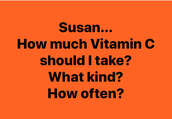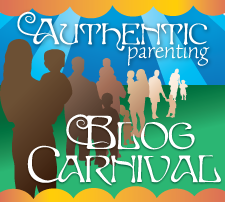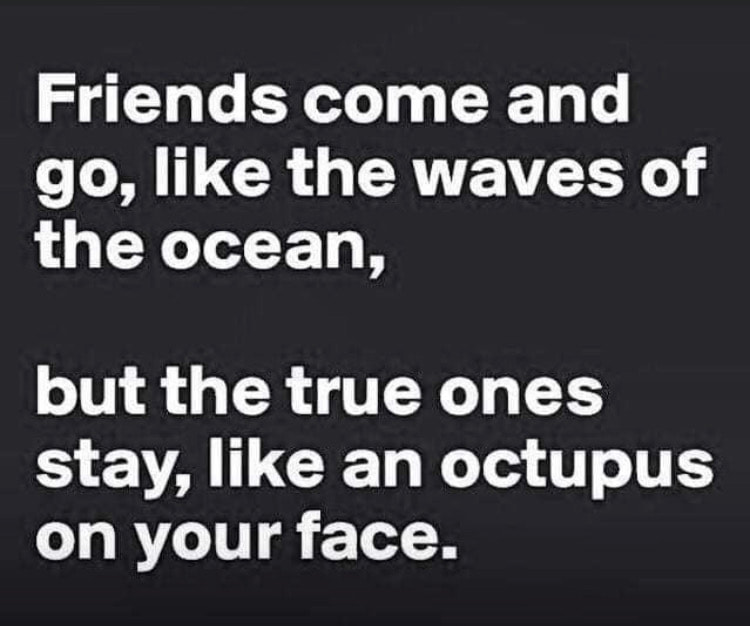|
Edit (morning of October 16th): I'm so hyped up this morning! I love Blog Action Day. But it occurs to me how vague this post will be to most people. I mean what does all of this really mean? Listening to the children, living in partnership with them - what does that LOOK like? Even if many people long for these ideas to be true, or to live them out, they may be skeptical. So I hope if this is the case for you, that you will click on the link in the sidebar to subscribe to my blog by email OR head over to Facebook and follow me there. My intention is to give more concrete examples from my family's daily life to answer these questions. Of course, this will take time. I hope you'll join me!
~~~~~~~~~~~~~~~~~~~~~~~~~~~~~~~~~~~~~~~~~~~~~~~~~~~~~~~~~~~~ Last year my post for blog action day got a little unruly. I mean, I loved it and all, but I know that I have a tendency to get just a smidge wordy. So for contrast and clarity's sake, I'm going to try and keep this simple and to the point this year. (How many words did I just use telling you that this is going to be short? Is anyone else laughing yet??) When I saw that this year's topic is "Human Rights" I knew immediately that I would talk about Children's Rights. It's a no-brainer for me, right? But I wasn't exactly sure what to say or where to begin. After all there are children who are starving the world over - for food, for clean water, for love, for new experiences, and for adequate health care. We all dream of a world where children are all well fed and taken care of. But for now, for today, I have to accept that I don't have the answer to those big problems. And so I am inspired by this Eleanor Roosevelt quote: "Where, after all, do universal human rights begin? In small places, close to home – so close and so small that they cannot be seen on any maps of the world. Yet they are the world of the individual person; the neighborhood he lives in; the school or college he attends; the factory, farm, or office where he works. Such are the places where every man, woman, and child seeks equal justice, equal opportunity, equal dignity without discrimination. Unless these rights have meaning there, they have little meaning anywhere. Without concerted citizen action to uphold them close to home, we shall look in vain for progress in the larger world.” This would be my jumping off point - in my own home, closest to my heart, with my children. For families like ours, where healthy food is plentiful, entertainment, rest, and relaxation are daily occurrences, and we have far more blessings that worries, the issue of children's rights actually becomes a little more difficult to pin down. I mean, what could they possibly have to complain about, right? But in fact, human rights do not end with our basic bodily needs. Right out of the gate, The Universal Declaration of Human Rights states that: Article 1.
Let's repeat that first part: All human beings are born free and equal in dignity and rights. But are children truly free? Do we treat them as if they are "endowed with reason", or in a "spirit of brother(or sister!)hood"? Generally speaking, when I think of our cultural expectations, norms, and practices as a whole, no, I don't think so. But what about the children? And then it hit me last week when I interviewed my daughter - of course, talk to the children about their rights! I can sum up what Marisol repeated in that interview over and over: Children should not be FORCED to do things. She had very sensible exceptions to this rule: only in instances where safety and health are involved should parents impose their will over their child. If I had to pick one word to encompass what she said over and again it would be: AUTONOMY. Synonyms that pop up when you look up Autonomy are freedom, free-will, choice, and self-determination. This is not surprising to me. Most people long to control things when really there is very little in the world we can. But children? They are the most controlled of all human beings. Most have very little say in what their daily lives look like. Now, before we have a whole bunch of people clamoring to exclaim why children should not (or could not!) have this kind of power in their own lives I will take the liberty to discuss two arguments I know are begging to be made right now: Argument 1: "Children don't know what's best for them." This is a popular argument. It's not one that I'm going to be able to dismantle in this very short, to the point post. Let's just pretend for the moment that maybe kids have more sense than we give them credit for. (Because that is probably what irks me most about this argument; it shows how little we really think of our children.) Maybe you can trust me for a moment on this one, because I do know this to be true, deep in my bones - kids are way more able AND reasonable than most adults know. I've seen it time and again in my children and in others. They can navigate the world much better than we think - usually because we jump in and either do things for them or dictate what they should be doing before we give them a chance. There are ways of being present and supportive (because yes, they do need guidance) to unlock their highest potential at any given stage. And yes, they can also be unreasonable. Kind of like adults, because you know - children still are human. The second point I'd like to make about this argument is that of course children won't always make the "right" choices. But neither do adults. It's how we learn. And paradoxically, when children are given more choices and autonomy in their lives, they will actually accept guidance from loved ones more easily - because they aren't so busy trying to assert themselves all the time. Argument 2: "Well, if we give THEM autonomy and free will, then it will just be the children getting "their way" all of the time." This might seem to be the case, but it isn't so. You know why? Because although children want autonomy, respect, and control over their choices as much as adults do, they also want to belong, connect, and live together with their family and extended community too. Because you know what? In between the two extremes of "Parents Rule" and "Children Dictate" there is a wide, magical, rich, ever-changing world of partnership, communication, compromise, problem solving, apologizing, and growing together. When children are tiny and new out of the womb, and their needs and desires are virtually one, yes - it will often look like the child is getting "their" way the majority of the time (which basically means eating, pooping, sleeping, and being held). But when these needs are reliably met, their ability to wait, to consider other people's perspectives, and to try new things also will grow with them. (I'm talking over YEARS here - and of course each child is different. We must have some common sense when talking about rights, must we not?) This is where adults comes in - as a reliable support system. For all you teachers out there - we are the scaffolding for our children, supporting them in areas they are not completely independent in until they are at last ready to venture out on their own. I feel this calling deep inside of me - to keep letting this same message out, as many times as I need to, in as many different ways. I will keep exclaiming, shouting, murmuring, whispering, singing, and sighing - through stories and philosophical natterings, by sharing my family's daily life, our ups and downs, our mistakes, and our love that gets us through it all: Our lives with our children can be so different than we have been led to believe. It is up to each one of us to open our eyes. There are SO many people out there with this same message. And yet it is still not the overwhelming song that people hear - in the news, in conversations with loved ones, on Facebook - somehow the message still is getting lost. Get on Google (or Bing, or whatever your preferred search engine is!): try searching unschooling, or peaceful parenting, or parenting without punishments. Start reading. Start trying. Trust, even just a little bit, one day, one hour, one moment at a time that you and your child can navigate together better than anyone else could ever tell you how. This is the way we will respect children's rights in our privileged world. This is the way we will raise children who will work to solve the bigger problems our world faces every day. Go ahead, I dare you! Ask your kids what they think about their rights. Then write down what they say. Share it here if you'd like. (You know I want to hear about it!) In the mean time here are a couple of resources for you: Children Have Rights Too by Jennifer Andersen at Our Muddy Boots And Sandra Dodd's page for years of reading or daily bits of inspiration about small ways you can implement peaceful parenting every day.
1 Comment
Janet Damaske
10/16/2013 12:37:35 pm
Susan, Thank you so much for your lovely words and wonderful messages.
Reply
Leave a Reply. |
Susan MayWife, mom, information and peace seeker. Categories
All
Archives
November 2023
|

 RSS Feed
RSS Feed


